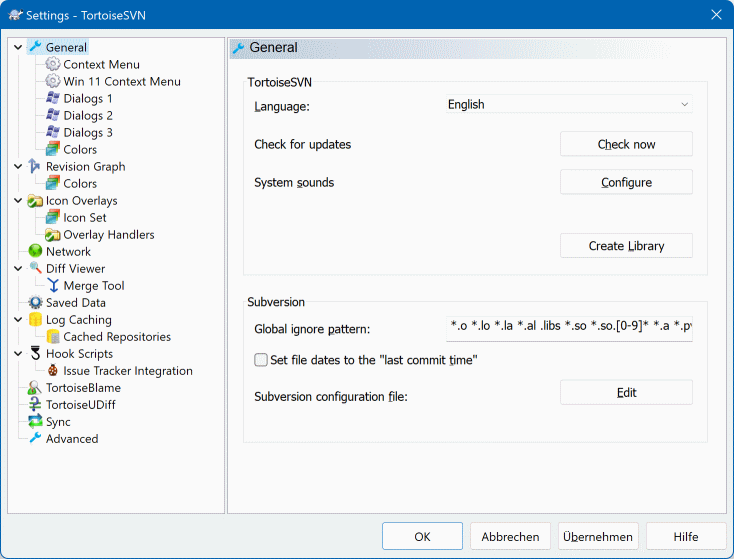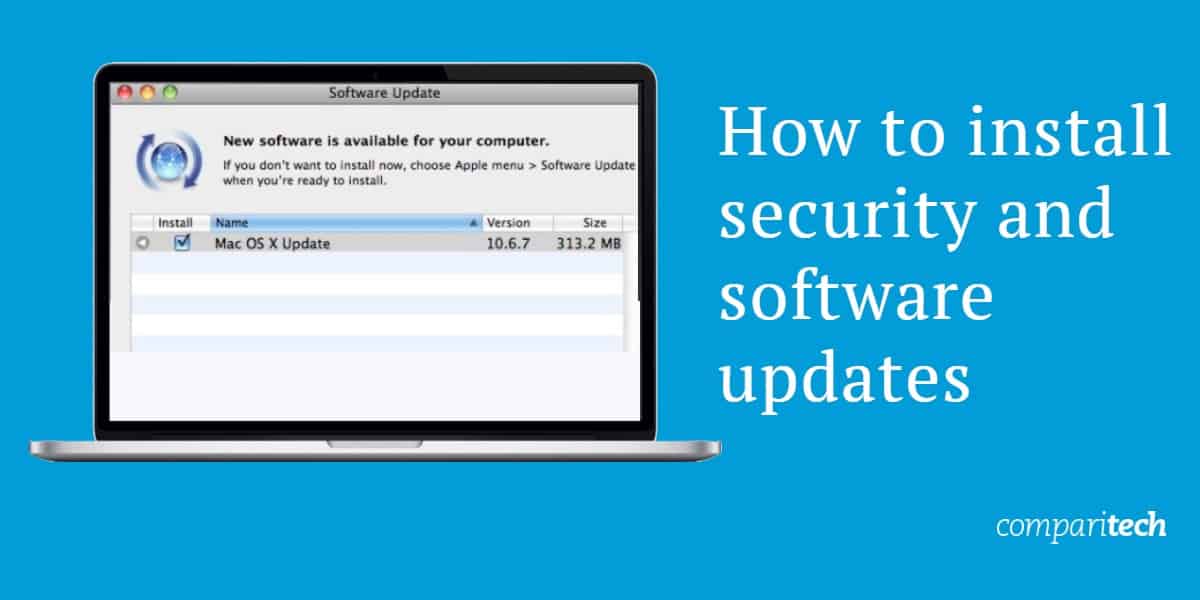Unmasking the Menace: Combatting the McAfee License Expired Virus
Uninstall malicious programs from Windows
If you’ve encountered the McAfee License Expired Virus and are dealing with annoying scam pop-ups, follow these steps to remove them from your Windows system:
1. Close any pop-up windows that appear on your screen.
2. Open the Control Panel on your Windows 10 computer.
3. Go to the “Programs” section and click on “Uninstall a program.”
4. Look for any suspicious or unfamiliar programs in the list.
5. Select the malicious program and click on “Uninstall.”
6. Follow the on-screen prompts to complete the uninstallation process.
7. After removing the malicious program, it’s essential to update your antivirus software.
8. Launch your trusted antivirus software, such as McAfee VirusScan, and run a full system scan.
9. Make sure your antivirus protection is up to date and renew your subscription if necessary.
10. Remember to always keep your computer’s security up to date by regularly updating your antivirus software.
By following these steps, you can remove the McAfee License Expired Virus and get rid of the annoying scam pop-ups, ensuring the security of your Windows system.
Reset browsers back to default settings
To reset your browser back to default settings and get rid of the McAfee License Expired Virus pop-ups, follow these steps:
1. Open your browser settings by clicking on the three-dot menu in the top right corner.
2. Scroll down and click on “Settings” or “Options”.
3. Look for the “Privacy & Security” or “Advanced” section.
4. Find the option to reset your browser settings to default.
5. Click on the reset button and confirm your choice.
Remember: Resetting your browser will remove any extensions, settings, and cookies. Make sure to back up any important data before proceeding.
After resetting your browser, it’s crucial to update your antivirus software, such as McAfee Virusscan, to ensure continued protection. Verify that your subscription is active and not expired, as an expired antivirus can leave your system at risk.
Tip: Consider upgrading to McAfee Total Security for comprehensive protection, including real-time scanning and advanced firewall. Don’t forget to install McAfee SiteAdvisor to block malicious websites and prevent future pop-ups.
Use Malwarebytes Anti-Malware to remove malware and unwanted programs
Remove malware and unwanted programs caused by the McAfee License Expired Virus with Malwarebytes Anti-Malware.
1. Download Malwarebytes Anti-Malware from the official website.
2. Install the program and launch it.
3. Click on the “Scan” button to initiate a full system scan.
4. Wait for the scan to complete and review the scan results.
5. Select the malware and unwanted programs detected and click on the “Quarantine” button to remove them.
6. Restart your computer to complete the removal process.
7. Ensure your antivirus protection is up to date and consider renewing your McAfee subscription.
8. To prevent future issues, enable the built-in Windows Defender antivirus on Windows 10.
9. Avoid clicking on suspicious links and be cautious when downloading files from unknown sources.
10. Stay vigilant and regularly scan your system with reliable security software like Malwarebytes Anti-Malware to keep your computer protected.
Use HitmanPro to scan your computer for badware
Scan your computer for badware and remove the McAfee License Expired Virus with HitmanPro. This powerful tool quickly detects and eliminates malicious software, keeping your system safe from potential threats. No need to worry about annoying pop-ups or compromised security. Simply download and install HitmanPro, and let it perform a thorough scan of your computer. If any threats are found, HitmanPro will remove them instantly. Protect your personal data and prevent further damage to your system.
Don’t let an expired antivirus leave you at risk. Take control and ensure your computer is fully protected. Download HitmanPro today and enjoy peace of mind with complete security.
Use AdwCleaner to remove adware and malicious browser policies
Title: Remove Scam Pop-ups with AdwCleaner
If you’ve encountered pop-ups claiming that your McAfee license has expired, it’s likely a scam. These deceptive messages aim to trick users into providing personal information or downloading malicious software. To remove these annoying pop-ups and protect your system, we recommend using AdwCleaner.
AdwCleaner is a reliable tool designed to eliminate adware and malicious browser policies. Follow these steps to use AdwCleaner effectively:
1. Download AdwCleaner from the official website.
2. Run the downloaded file to start the installation process.
3. Launch AdwCleaner and click on the “Scan” button to search for adware and unwanted programs.
4. Once the scan is complete, click on the “Clean & Repair” button to remove the identified threats.
5. Restart your computer to complete the removal process.
By using AdwCleaner, you can effectively eliminate adware and malicious browser policies, ensuring a safer browsing experience. Remember to regularly update your antivirus software, such as McAfee Total Security, to stay protected against evolving online threats.
What is the Your McAfee Subscription Has Expired scam?
The “Your McAfee Subscription Has Expired” scam is a deceptive tactic used by cybercriminals to trick users into believing that their McAfee antivirus protection has expired. These scammers often display fake pop-up messages claiming that the user’s subscription has expired and they need to renew it immediately.
These pop-ups may appear when browsing the internet or as intrusive ads on websites. It’s important to note that these pop-ups are not legitimate and should not be trusted.
To remove these scam pop-ups and protect your device, follow these steps:
1. Close the pop-up window immediately by clicking the “X” button or using the task manager to end the process.
2. Avoid clicking on any links or buttons within the pop-up as they may lead to malicious websites.
3. Scan your device with a reliable antivirus software, such as McAfee Security, to ensure it is free from any malware.
4. Keep your antivirus protection up to date by renewing your McAfee subscription before the expiration date.
Remember, genuine McAfee notifications will not appear as intrusive pop-ups or demand immediate action. Stay vigilant and report any suspicious activity to McAfee SiteAdvisor or your cybersecurity provider.
More details about pop-up scams
If you encounter pop-up scams claiming your McAfee license has expired, it’s crucial to remove them promptly. These scams may trick you into providing personal information or downloading malicious software. To protect yourself, follow these steps:
1. Close the pop-up windows immediately. Do not click on any links or buttons within them.
2. Check the expiration date of your McAfee antivirus protection. If it has expired, renew your subscription or consider upgrading to a more comprehensive security solution.
3. Run a thorough scan of your system using your antivirus software to remove any potential malware.
4. Avoid visiting suspicious websites or clicking on unknown links to minimize the risk of encountering pop-ups.
5. Enable pop-up blockers in your web browser settings to prevent future pop-up scams.
Remember to stay vigilant and keep your antivirus software up to date to ensure ongoing protection against such scams. For more detailed instructions on removing pop-up scams, refer to the official McAfee support website.
How to avoid installation of potentially unwanted applications
- Download software from trusted sources: Ensure that you only download software from reputable and official websites to minimize the risk of installing potentially unwanted applications.
- Read user reviews: Before downloading any software, take the time to read user reviews and ratings to gain insights into the experience of other users. This can help you identify any potential issues or concerns.
- Be cautious during installation: Pay close attention to the installation process and uncheck any boxes that offer to install additional software, toolbars, or browser extensions that you don’t need or want.
- Customize installation options: Whenever possible, opt for custom installation instead of the default settings. This allows you to choose which components to install and avoid any potentially unwanted applications.

- Keep your operating system and software up to date: Regularly update your operating system and software applications to ensure you have the latest security patches and bug fixes, reducing the risk of vulnerabilities that could be exploited by potentially unwanted applications.
- Use antivirus software: Install and regularly update a reputable antivirus software to detect and eliminate potentially unwanted applications and protect your system from various threats.

- Enable firewall protection: Activate the built-in firewall on your computer to add an extra layer of defense against potentially unwanted applications and other malicious activities.
- Stay vigilant while browsing: Be cautious when visiting unfamiliar websites or clicking on suspicious links, as they may lead to the unintentional installation of potentially unwanted applications.
- Educate yourself and others: Stay informed about the latest scams and techniques used by cybercriminals to trick users into installing unwanted applications. Share this knowledge with friends and family to help protect them as well.
How to identify a pop-up scam
When encountering pop-up scams like the “McAfee License Expired Virus – Remove Scam Pop-ups,” it’s crucial to identify and avoid falling victim to them. Here are some key steps to help you recognize and handle these deceptive pop-ups:
1. Beware of alarming messages claiming your antivirus protection has expired, urging immediate action.
2. Legitimate security software providers like McAfee don’t display unsolicited pop-ups.
3. Never click on these pop-ups or provide personal information.
4. To close a pop-up, use the task manager (Ctrl + Shift + Esc) to end the browser process.
5. Clear your browser cache and scan your system with reputable security software, like McAfee Security, to ensure it’s free from malware.
6. Avoid visiting suspicious websites and clicking on unfamiliar links to prevent pop-ups from appearing.
7. Regularly update your antivirus software and keep it active for ongoing protection against potential threats.
By staying vigilant and following these guidelines, you can safeguard your online security and avoid falling prey to pop-up scams.
Remove Your McAfee Subscription Has Expired pop-ups (Adware removal guide)
If you’re being bombarded with annoying pop-ups claiming that your McAfee subscription has expired, you may have fallen victim to the McAfee License Expired Virus scam. These pop-ups are not only deceptive but can also compromise the security of your computer. To remove them and protect your system, follow these steps:
1. Close the pop-up windows by clicking the “X” button or using the Alt+F4 shortcut.
2. Avoid clicking on any links or buttons within the pop-ups, as they may lead to further malware infections.
3. Open your web browser settings and clear your browsing data, including cookies and cache.
4. Scan your computer for adware using a reliable antivirus program. Perform a full system scan to ensure all malicious files are detected and removed.
5. Restart your computer to complete the removal process.
Remember, keeping your antivirus protection up to date is crucial for maintaining a secure system. Regularly check for updates and renew your subscription to avoid falling prey to scams and malware.
